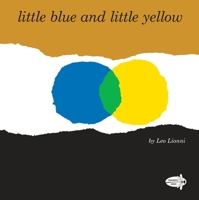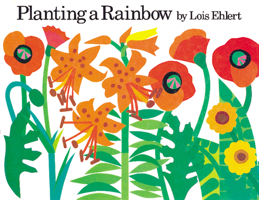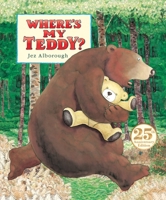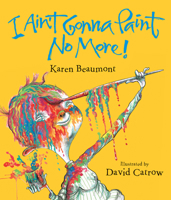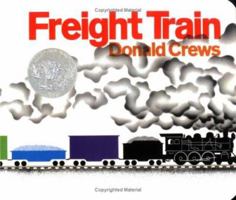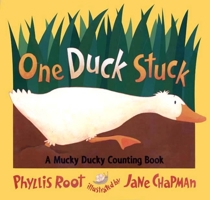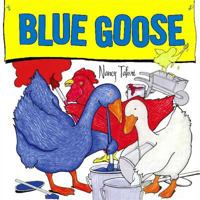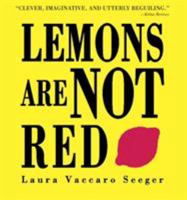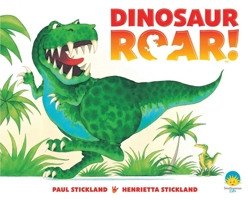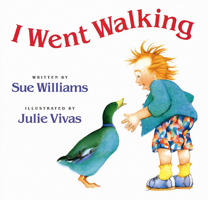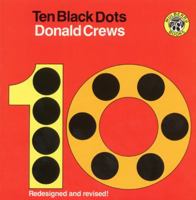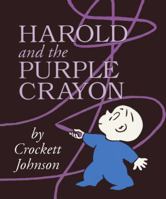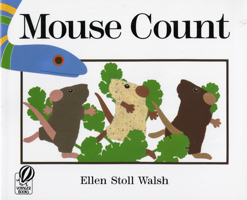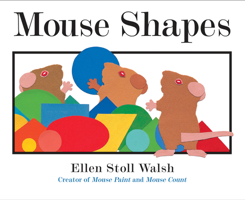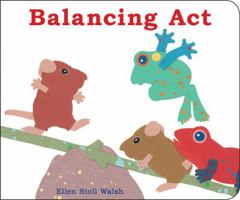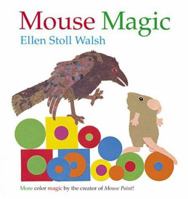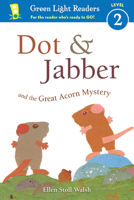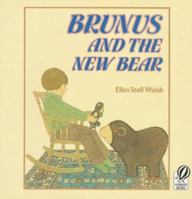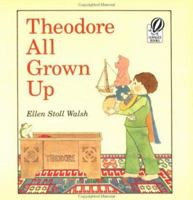Mouse Paint
Select Format
Select Condition 
You Might Also Enjoy
Book Overview
Related Subjects
Americas Architecture Automotive Buildings Business Business & Investing Criticism & Theory Engineering Ethics & Morality Health, Fitness & Dieting Health, Fitness & Dieting History History & Criticism History & Philosophy Home Improvement & Design How-to & Home Improvements Industries & Professions Philosophy Politics & Social Sciences Psychology & Counseling Science & Math Social Science Social Sciences TransportationCustomer Reviews
Rated 5 starsIt does what it is meant to do
The book is just about three mice who mix up colors to make other colors. As an adult, I honestly find it a little painful to read. But my son, who is just turning four, loves the book. It's one of his favorites. Now, whenever we paint, he specifically sets out to mix the paints and make new colors. I think this falls into that category of books that succeed in the specific task they were written for. Just as Good Night Moon...
2Report
Rated 5 starsA Classic
Love this book. The large lap-sized board book style is wonderful way to enjoy the colors. Simple, but fun story demonstrating color mixing. Great illustrations. Has inspired many painting projects by my 2 year old! I also recommend Mouse Shapes by same author.
2Report
Rated 5 starskids can't get enough!
Wonderful way to learn basic colors and animals in Spanish for Children. I teach K-5th grade Spanish and whenever I pop the book out my kids love hearning it. they've learn basic colors from it and how to say gato and raton! they love these sneaky ratones :)
1Report
Rated 5 starsWonderful book!
My three-month old son doesn't have much of an attention span, but he stares mesmerized at this book! I enjoy reading it to him frequently - the images are simple yet very well done, the text is interesting and fun, and the story is very cute. I'm sure I'll be reading it to him over and over and over. The large size is great for a baby, it is easy to hold him on my lap with the book in front of us. Great book to start reading...
1Report
Rated 5 starsMy favorite little art helpers.
As an elementary art teacher I have seen many many color themed books. This is the one I use every year in grades K-3, they never get tired of it, it's a wonderful refresher for them. It's endearing and educational at the same time. You just can't go wrong with "Mouse Paint".
1Report















